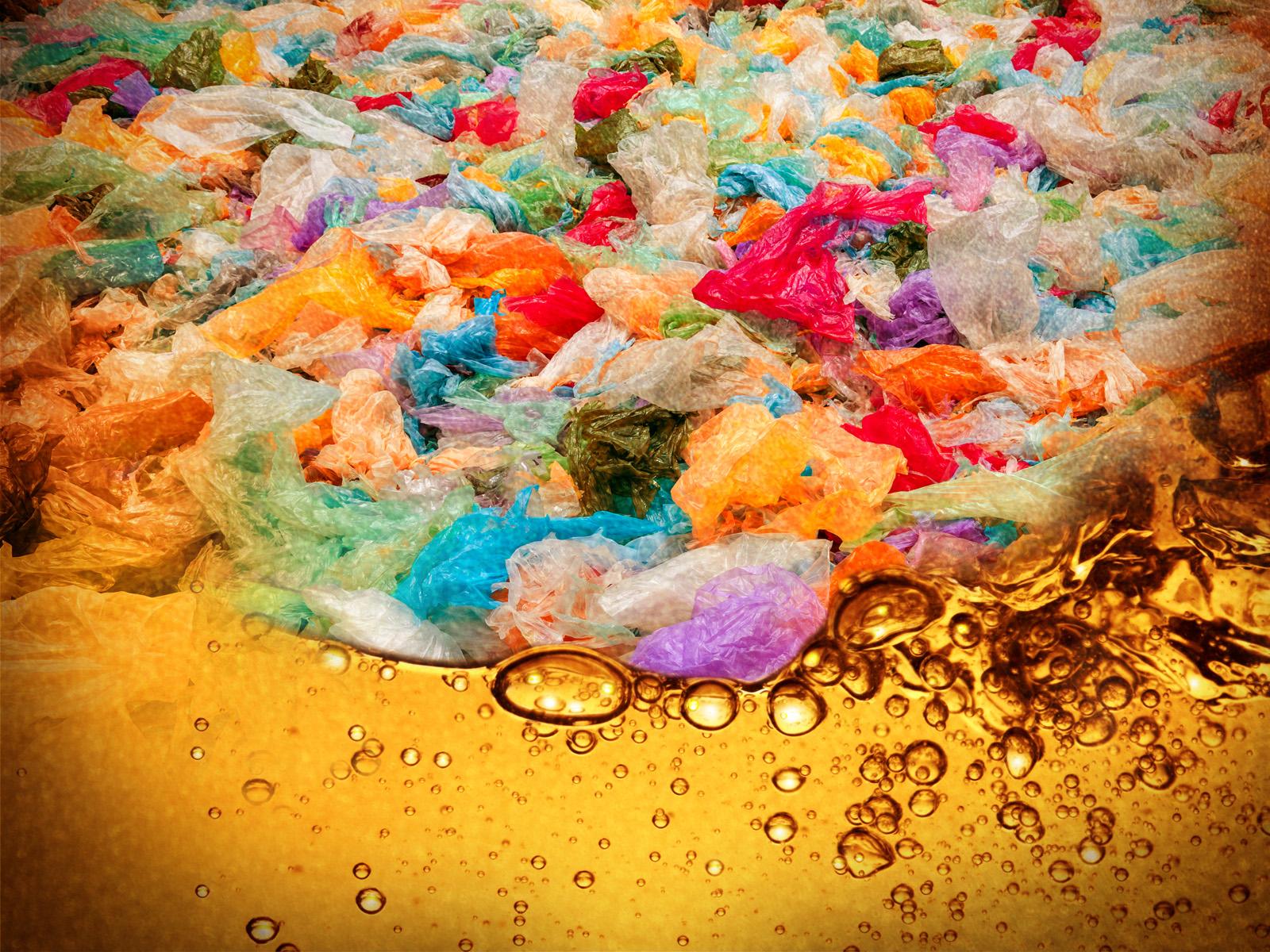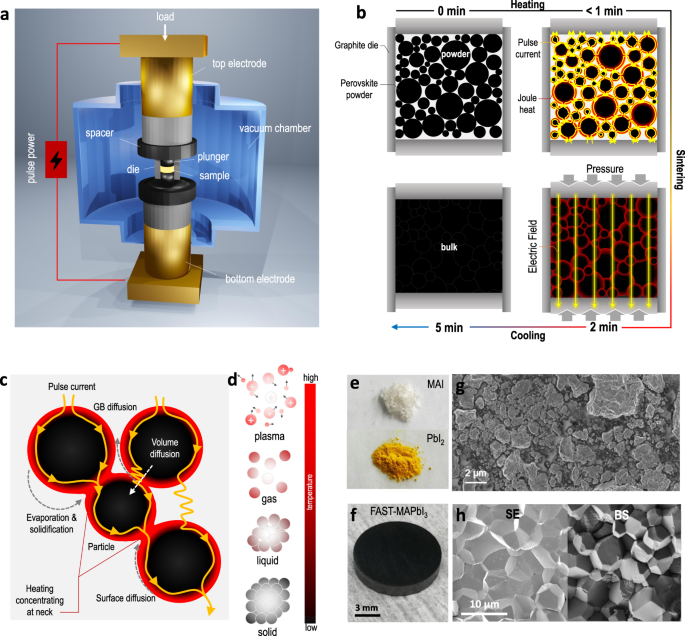PNNLが開発した新しいプロセスは、穏やかな温度で素早く燃料を生産し、副産物はほとんどない。 A new PNNL-developed process produces fuel quickly at mild temperature, with few byproducts
2023-02-23 パシフィック・ノースウェスト国立研究所(PNNL)

◆使用済みのマスク、食料品店の袋、食品用ラップには、潜在的に有用な原料がたくさん含まれています。しかし、これらの使い捨てプラスチックは、回収してリサイクルするよりも、さらに作り続ける方がはるかに安上がりでした。
◆このたび、米国エネルギー省のパシフィック・ノースウェスト国立研究所が率いる国際研究チームは、この難分解性プラスチックを分解するこれまでの試みを阻んでいた暗号を解読しました。この研究成果は、「サイエンス」誌に掲載されています。
◆プラスチックをリサイクルするには、通常、環境中に残留しやすい丈夫で安定した結合を「分解」する必要があります。この分解工程には高温が必要で、コストとエネルギーを必要とする。
◆しかし、この分解工程に第二の反応工程を加えることで、不要な副産物を出さずに、ガソリンのような液体燃料への変換を即座に完了させることができるのが、この新機軸です。第2反応工程では、アルキル化触媒と呼ばれるものが使用される。この触媒は、ガソリンのオクタン価を向上させるために石油産業が現在採用している化学反応である。
◆今回の研究で重要なのは、アルキル化反応の直後に、室温(華氏70度)付近の単一の反応容器でクラッキングステップを行うことである。
◆この研究の著者でありPNNLの化学者であるOliver Y. Gutiérrezは、「結合を壊すだけのクラッキングでは、制御不能な形で別の結合が形成されてしまい、それが他のアプローチにおける問題点です」と述べています。と、この研究の著者でありPNNLの化学者であるオリバー・Y・グティエレスは言いました。「このシステムの秘密の方式は、結合を切断すると、すぐに別の結合が作られ、最終製品になるように制御されるということです。これは、低温での変換を可能にする秘密でもあります。
◆ドイツのミュンヘン工科大学の科学者達が共同で率いる研究チームは、彼らの研究の中で、今回報告されたプロセスの第二部分を原油処理に実用化しようとする、石油産業による別の、最近の開発を指摘しています。
◆この研究の主執筆者であるPNNL統合触媒研究所の所長でミュンヘン工科大学の化学教授であるJohannes Lercher氏は、「産業界がこの新しいアルキル化触媒の導入に成功したという事実は、その安定性と堅牢さを証明しています」と述べた。「この研究は、廃プラスチックの炭素循環を閉じるための実用的な新しい解決策を指し示すもので、他の多くの提案よりも実現に近いものです” と述べています。
<関連情報>
- https://www.pnnl.gov/news-media/plastic-upcycling-close-carbon-cycle
- https://www.science.org/doi/10.1126/science.ade7485
タンデムクラッキング-アルキル化反応によるポリオレフィンの液体アルカンへの低温アップサイクル Low-temperature upcycling of polyolefins into liquid alkanes via tandem cracking-alkylation
Wei Zhang,Sungmin Kim,Lennart Wahl,Rachit Khare,Lillian Hale,Jianzhi Hu,Donald M. Camaioni,Oliver Y. Gutiérrez,Yue Liu Johannes A. Lercher
Science Published:23 Feb 2023
Plastics to fuels in ionic liquids
Polyethylene and polypropylene have many useful properties, but their resistance to chemical degradation makes processing their waste a challenge. In particular, heating to high temperatures to crack the underlying carbon–carbon bonds can be energy intensive. Zhang et al. report that an aluminum chloride–based ionic liquid medium can promote the breakdown of these polyolefin plastics into liquid fuels at temperatures below 100°C. The method compensates for the energy directed toward bond scission with energy released from alkylation reactions among the resulting intermediates. —JSY
Abstract
Selective upcycling of polyolefin waste has been hampered by the relatively high temperatures that are required to cleave the carbon-carbon (C–C) bonds at reasonably high rates. We present a distinctive approach that uses a highly ionic reaction environment to increase the polymer reactivity and lower the energy of ionic transition states. Combining endothermic cleavage of the polymer C–C bonds with exothermic alkylation reactions of the cracking products enables full conversion of polyethylene and polypropylene to liquid isoalkanes (C6 to C10) at temperatures below 100°C. Both reactions are catalyzed by a Lewis acidic species that is generated in a chloroaluminate ionic liquid. The alkylate product forms a separate phase and is easily separated from the reactant catalyst mixture. The process can convert unprocessed postconsumer items to high-quality liquid alkanes with high yields.



